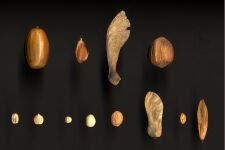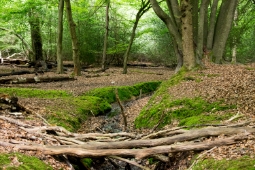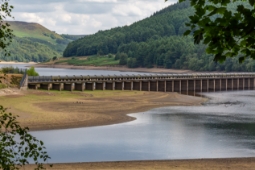Wild service-tree (WST)
Wild service-tree is a medium-sized native broadleaved species usually associated with being an indicator of ancient woodland sites. Rarely found in pure stands, but sometimes in groups from suckering though usually as individuals in mixed woodlands. It is a useful species when planting hedges of native trees.
A highly valued hardwood species in Europe but generally only seen for its rarity and ecological value as a minor native species in Britain. Wild service-tree is likely to adapt well to a warming climate.
The tree is sometimes known as the ‘chequers tree’ a reference to its brown spotted fruit. These were used to flavor beer and the ‘chequers’ name can be linked to pubs of that name as well its more common name ‘service-tree’ which derives from the Latin for beer ‘cervisia’.
Wild service-tree is native to Britain and considered a plot-stage species. These are species that have demonstrated some positive silvicultural characteristics at the Specimen-stage and are now subject to further testing and development in a limited number of trial plots.
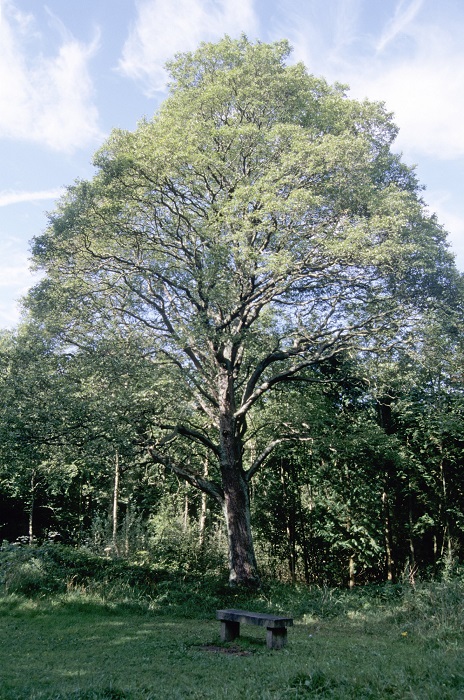
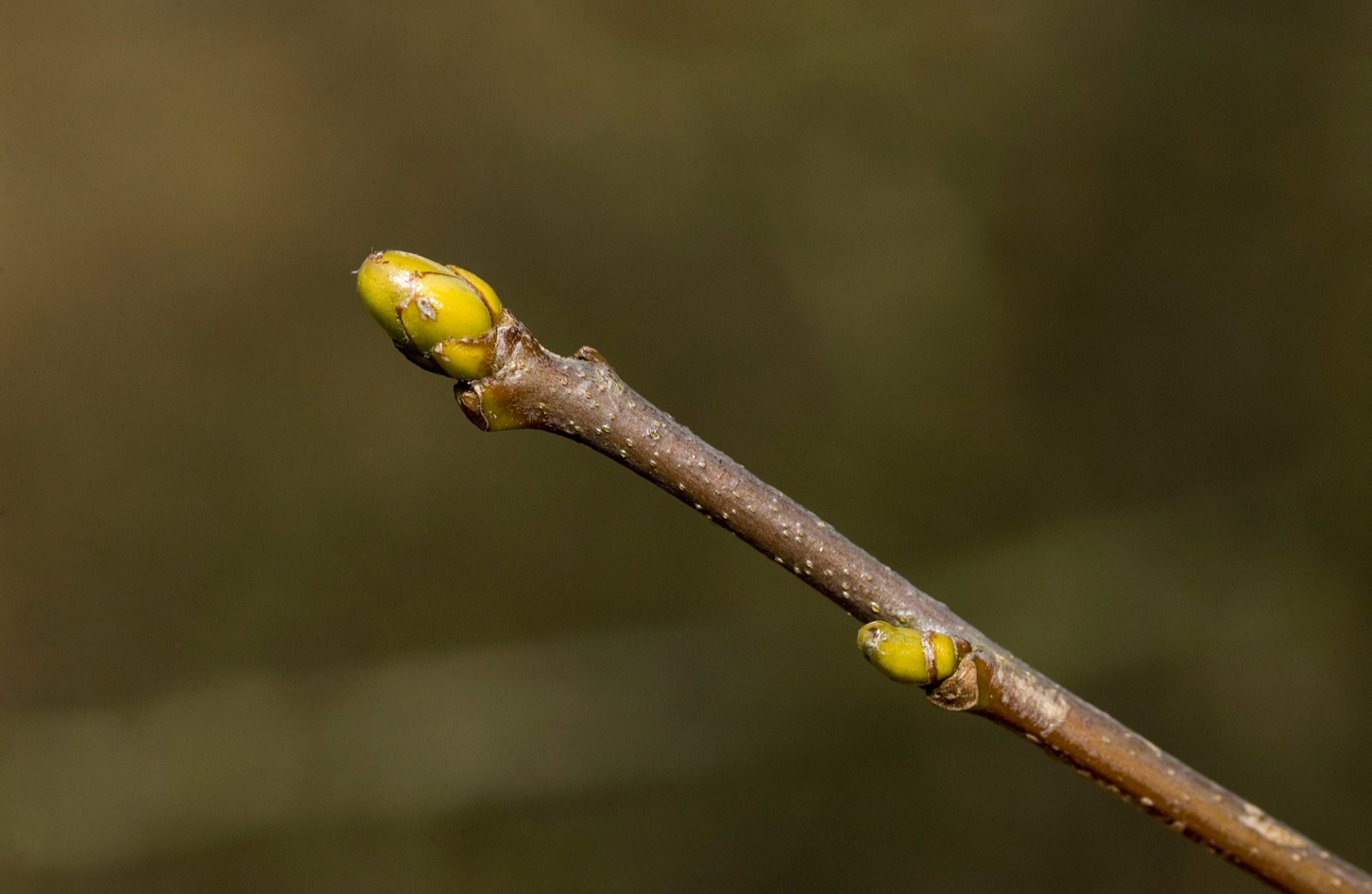
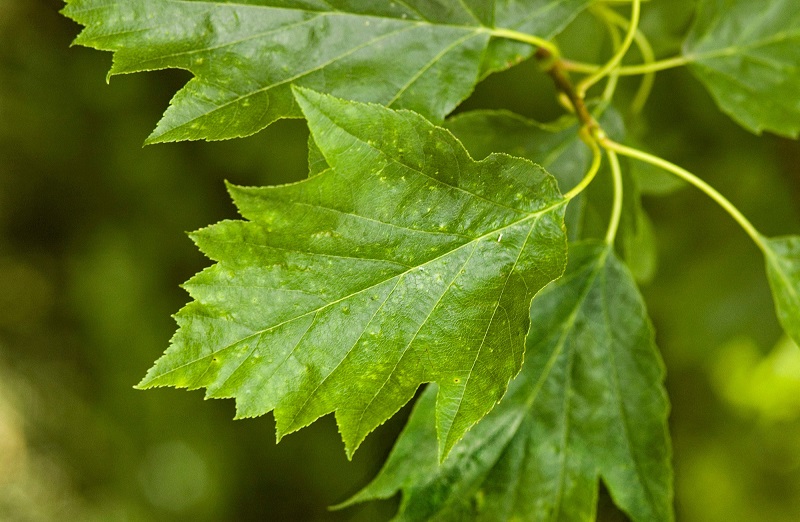
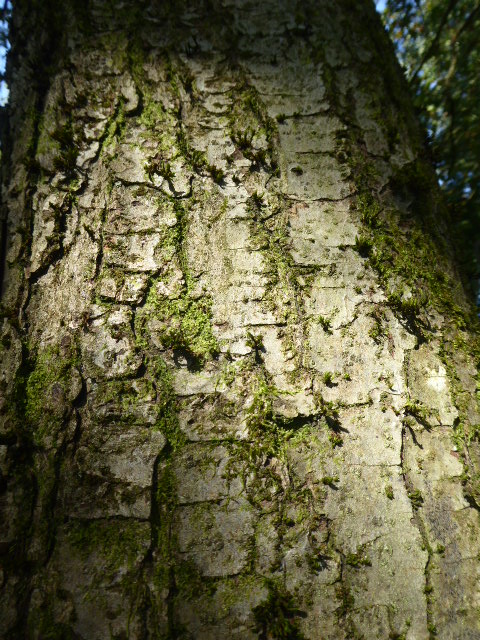
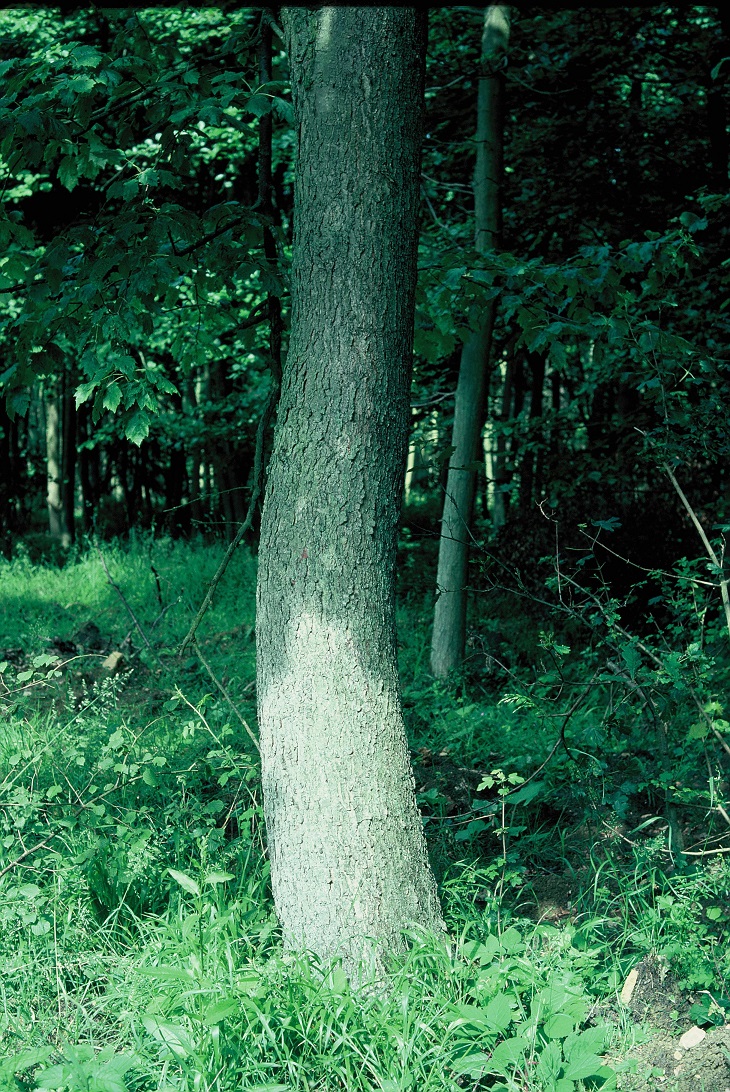
Range
Native to southern Britain and western and southern Europe. In Britain wild service-tree fits into the National Vegetation Classification (NVC) W8.
Provenance Choice
There have been no historical provenance trials in Britain, so plants should be from sources of local origin or from quality stands on the near continent. Provenance trialling is now underway in England evaluating several seed sources, but it is too early to provide any results.
Key Properties
Site Requirements
This is a light demanding species adapted to warm climates and rainfall from 800 to 1500 mm. It is not tolerant of exposure and is vulnerable to spring and autumn frosts. Wild service-tree should be planted on rich fertile soils of fresh to moist moisture status, including alkaline soils of adequate rooting depth. It is not suited to very dry or nutritionally poor soils or very moist to very wet soils but does grow well on clay soils. The species can be grown in mixture with nitrogen fixing trees or shrubs. Wild service-tree produces a very high value timber on suitable sites.
Further detail on the site requirements of wild service-tree in current and future climates can be examined using the Forest Research Ecological Site Classification Decision Support System (ESC).
ECOLOGICAL SITE CLASSIFICATION TOOL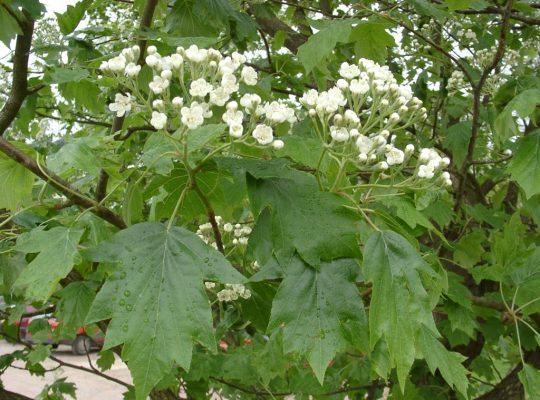
Silviculture
Knowledge on the silviculture of wild service-tree is sparse and for most foresters in Britain it is broadly experimental. It reproduces readily from root suckers – which is probably why it has survived, so well on ancient semi-natural woodland sites – as well as coppicing strongly. Seedlings are rare though the species flowers and fruits regularly. Natural regeneration may become more regular with a warming climate.
Nursery trees should have a well-formed compact root system, and a stem 30-50 cm in length with a well-developed terminal bud. On good sites early height growth can exceed 100 cm per year. It is a deep rooting species, so site selection for successful establishment is essential. Wild service-tree should be planted as part of mixed woodland in groups or ‘nests’ and it reacts well to subsequent thinning.
Continental silviculture recommends intensive individual tree management to produce high quality timber. This involves maintaining open growth and formative pruning starting when trees reach 10 cm dbh. Pruning should remove forks and thick ascending branches followed by high pruning to create a branch free stem to a minimum of 3 m ideally 6-7 m. A rotation age of 100-120 years could produce a veneer quality log of at least 60 cm dbh.
Pests and Pathogens
Wild service-tree can be affected by fireblight (Erwinia amylovora) and silverleaf (Chondrostereum purpureum) which can be a progressive and sometimes fatal disease. Very palatable to browsing animals.
See our other tools and resources
Further Resources
External
In addition to the general sources of information for species the following are useful for wild service-tree.
Guest, C. (2023) Wild Service Tree Silviculture for High-Quality Timber Production. Quarterly Journal of Forestry, 117(1):55-61
Mabey, R. (1996) Flora Britannica. Sinclair-Stevenson, London. PAges 204-206.
Roper, P. (1993) The distribution of the Wild Service Tree, Sorbus torminalis (L.) Crantz, in the British Isles. Watsonia 19: 209-229.
Skovsgaard, J.P. and Graversgaard, H.C. (2015) Planting Wild Service Trees – some practical advice. Quarterly Journal of Forestry, 108(3):188-191
Welk, E., de Rigo, D., Caudullo, G., 2016. Sorbus torminalis in Europe: distribution, habitat, usage, and threats. In: San-Miguel Ayanz, J., de Rigo, D., Caudullo, G., Houston Durrant, T., Mauri, A. (Eds.), European Atlas of Forest Tree Species. Publ. Off. EU, Luxembourg, 2 pages. Sorbus_torminalis.pdf (europa.eu)


